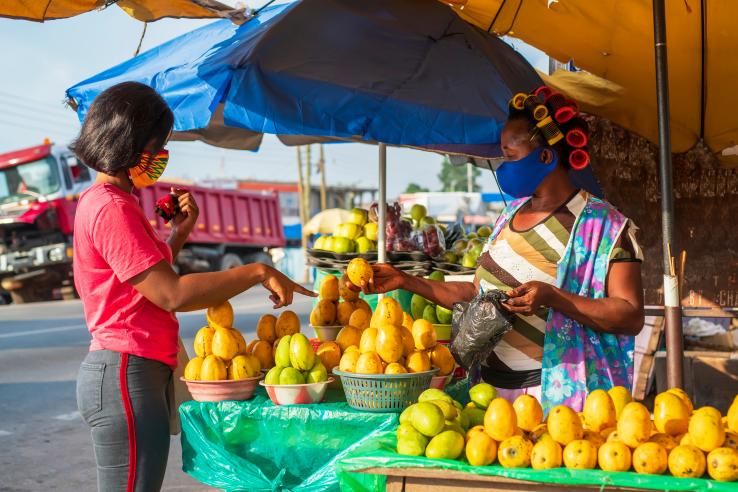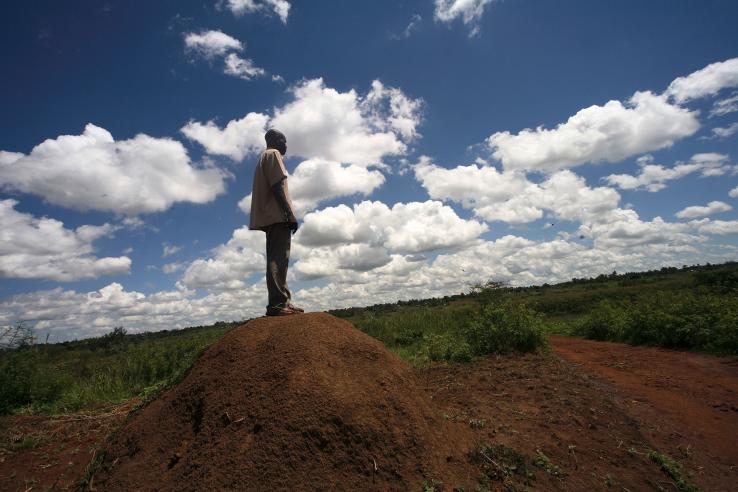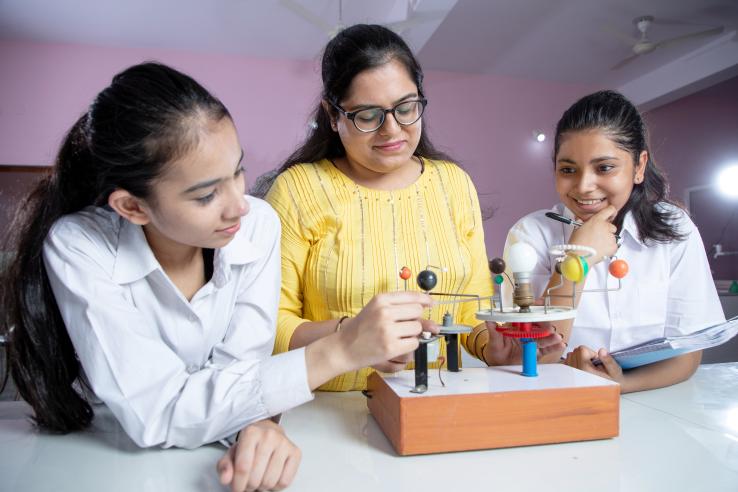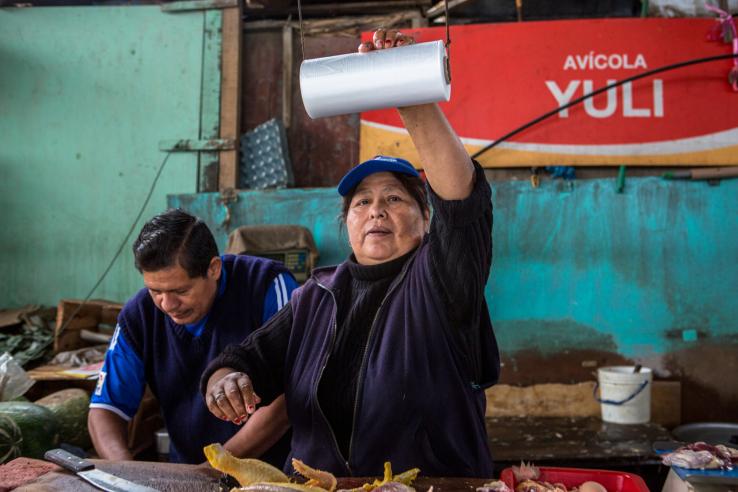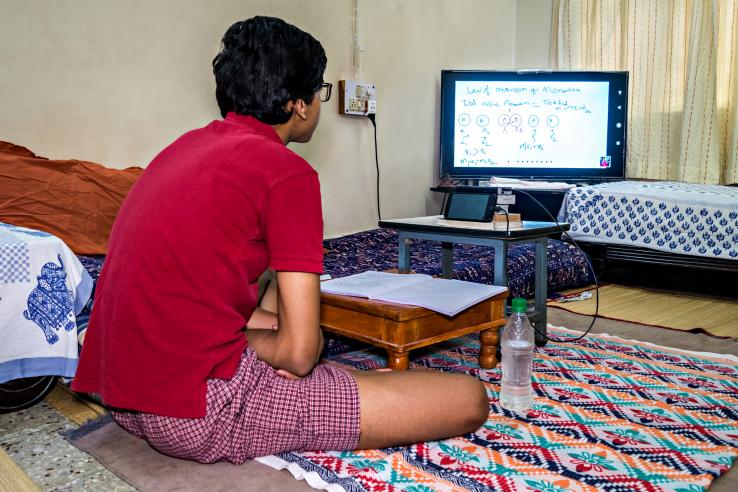Displaying 1036 - 1050 of 1291
Evaluation
Researchers tested whether an informative letter campaign could reduce inappropriate prescribing of controlled substances in Medicare Part D. Letters had no detectable effect on prescribing. In ongoing work, researchers are testing alternative versions of letters.
Evaluation
Researchers are conducting a randomized evaluation to test whether a phone-based information service can increase take-up of India’s maternity cash transfer programs, and whether phone-based feedback can improve local-level program functioning and child health. Research ongoing; Results forthcoming.
Evaluation
Researchers conducted a randomized evaluation to test the impact of providing cash transfers to female entrepreneurs during the pandemic on their business outcomes and behavior. Firm profit, inventory spending, and food expenditures all increased for business owners that received the cash transfer. Additionally, the transfers caused a re-opening of previously closed businesses; however, PPE spending and precautionary management practices only increased among those who perceived Covid-19 as a major health risk.
Evaluation
In Sierra Leone, researchers are testing whether price subsidies and agricultural extension training can reduce the costs of early adoption, and whether using the improved seed varieties will ultimately benefit poor farmers.
Evaluation
Despite making great strides in expanding access to education, developing countries like India continue to lag in measures of actual student learning. To understand how quality of education mediates learning, this randomized control trial evaluates a pedagogical intervention training science teachers in rural Uttar Pradesh, India. The curiosity-based curriculum emphasizes practical techniques along with foundational principles on effective answer-seeking, guided research, constructive feedback, and peer-to-peer communication. The researchers assess whether active teaching approaches increase student recall of course material, curiosity, student engagement, critical thinking, and other soft skills foundational to developing students’ intrinsic motivation to learn.
Evaluation
Researchers tested whether discussions between candidates and voters can help bridge this gap and increase voter turnout, leveraging a volunteer and candidate canvassing campaign in the 2014 Italian municipal elections. While canvassing by volunteers increased voter turnout, canvassing by political candidates surprisingly had no effect on voter turnout and very little effect on voter persuasion.
Evaluation
In France, researchers evaluated the impact of various school communication strategies designed to encourage parents to participate in their children’s schooling. They found that personalized invitations increased parental participation in school meetings, especially for parents of low-performing children and from poor socio-economic backgrounds.
Evaluation
Researchers conducted a randomized evaluation to test the impact of an edutainment intervention at schools and the provision of handwashing resources at home on handwashing at school and at home. These findings suggest that encouraging behavior change in one setting may crowd out like behavior in another setting.
Evaluation
In Mexico, researchers evaluated the impact of PROGRESA, a national conditional cash transfer program, on marriages and divorces. Researchers found that, in the short-term, the program did not affect the number of marriages but increased the number of divorces and separations.
Evaluation
Firms in low- and middle-income countries tend to hire mainly from referral networks, which may limit hiring. Online job portals can expand recruitment networks, but firms may be hesitant to hire unfamiliar candidates outside of their network. Researchers partnered with an online job portal in India to evaluate the impact of promotional advertising for job postings, candidate identity verification, or both services on hiring by firms. Only the combination of advertising and verification led to firms hiring more, suggesting that it is important to not only give firms access to a larger candidate pool but also provide them with the opportunity and tools to screen candidates.
Evaluation
Researchers are evaluating the impact of providing additional information and resources to those who have completed skills training programs on employment outcomes.
Evaluation
Researchers are evaluating the impact of Farmer Managed Natural Regeneration and formalized land rights on reforestation and crop yields.
Evaluation
Researchers conducted a randomized evaluation to test the impact of three different coaching methods on academic outcomes: one-on-one in-person coaching, text messaging, and an online values and goals exercise. One-on-one coaching substantially improved student outcomes, while text messaging and the online exercise had no detectable impact.
Evaluation
Researchers leveraged data from a randomized evaluation conducted by a large bank in Mexico to test the impact of varying credit card contract terms on loan default, card cancellation rates, and bank revenue for first-time formal sector borrowers. Variations in the interest rate and minimum payment rate had little impact on default, suggesting that contract terms may do little to mitigate risk among new borrowers.

